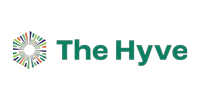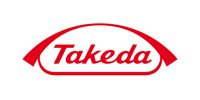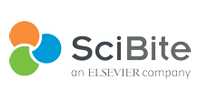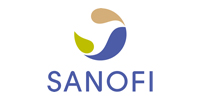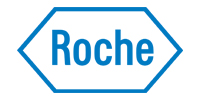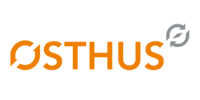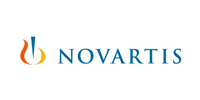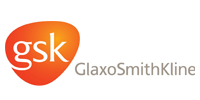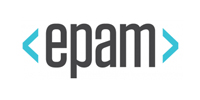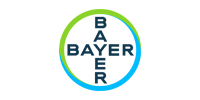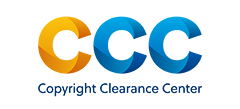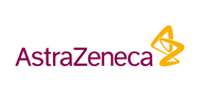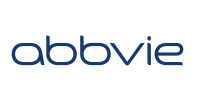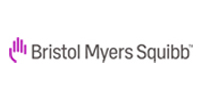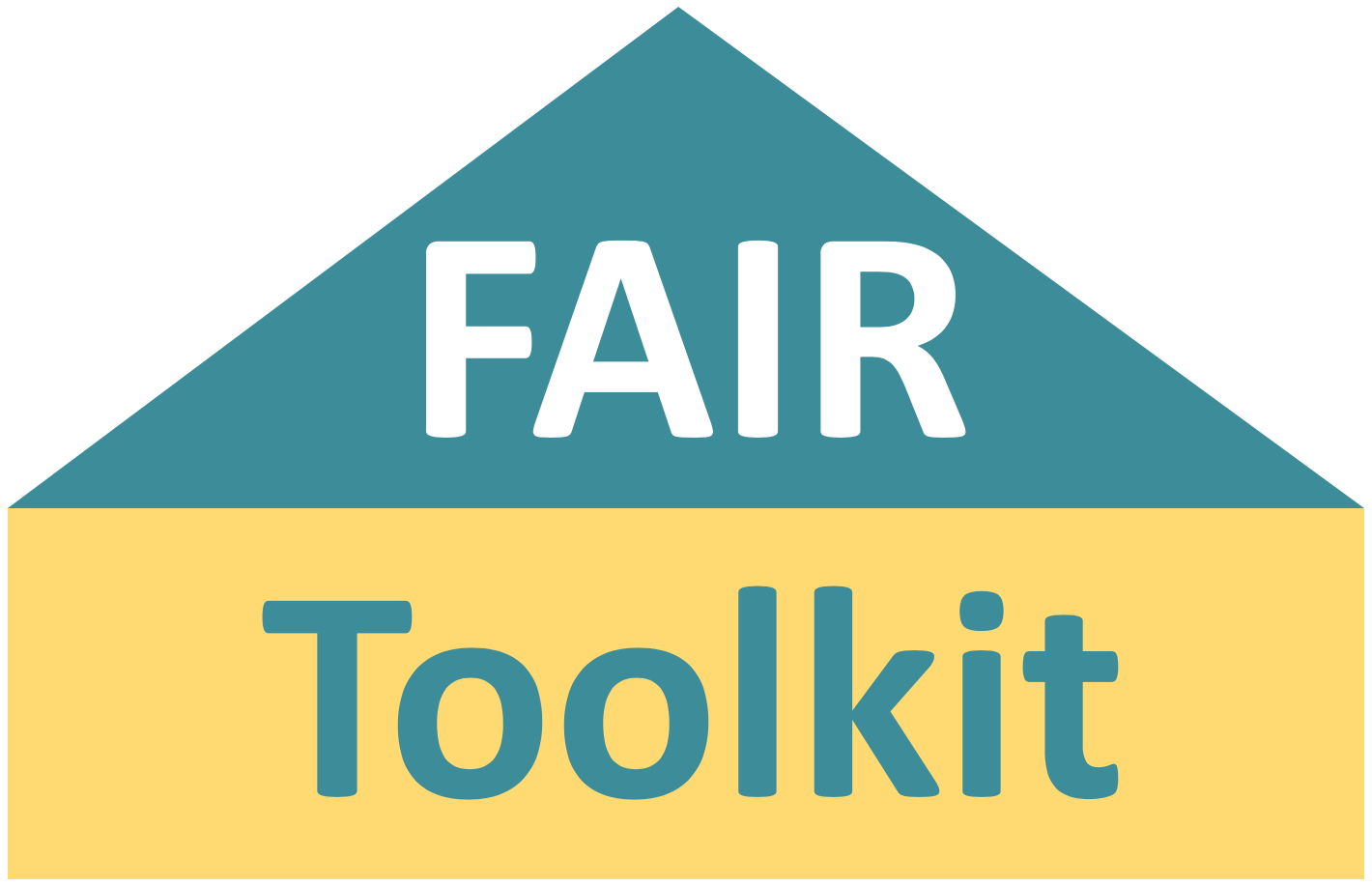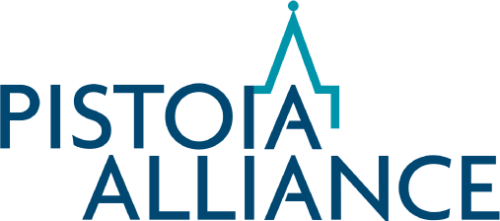WHAT IS IN THE FAIR TOOLKIT?
- Why FAIR data matters for Life Science industry
- Use cases to exemplify the benefits of FAIR implementation by Life Science industry
- How-to methods for FAIR tools, training and change management
- Tips for Life Science industry and links to relevant resources
WHO IS THE FAIR TOOLKIT FOR?
- Data Stewards
- Laboratory Scientists
- Business Analysts
- Science Managers
Learn how SciBite unlock the value of bioassay data through semantic enrichment of metadata to create FAIR annotation.
- Unified annotation from ontologies across an area of business
- Standardized metadata for any application
Hear more about Roche’s ‘learning-by-doing’ FAIRification efforts
- Lessons learned from FAIRification of clinical data for Ophthalmology, Autism, Asthma and COPD
- Set up integrated end-to-end process for curation workflows for prospective studies
The Pistoia Alliance Bioassay FAIR Annotation project develops digital standards for bioassay metadata, provides annotations of bioassay method descriptions according to these standards, and makes them available publicly.
- Proposed a minimal information model for assay metadata. It is now used by the FDA IVP project.
- Annotated close to 2,800 previously published assay methods.
Find out more >
Find out how a generic workflow can be deployed by workshops or action team to make important datasets FAIR.
- FAIRification as a retroactive workflow is common at this time
- FAIRification by design (data “born” FAIR) is far more desirable for the future
Find out how to apply the FAIR Maturity Indicators to measure the FINDABILITY of the data and metadata.
- Findability of data is compared with your FAIR objectives to identify and make improvements in an iterative manner
Find out how the data stakeholders can prepare for the changes necessary to make data FAIR.
- Readiness for change provides the means to engage a wider group of staff throughout an organisation.
CREATED BY LEADING LIFE SCIENCE ORGANISATIONS
